Nurturing Holistic Mental Health for Well-being

Fostering Well-being: Nurturing Holistic Mental Health
In the pursuit of overall well-being, nurturing holistic mental health is paramount. This article explores the significance of adopting a holistic approach to mental well-being, encompassing various aspects of life for a more fulfilling and balanced existence.
Understanding Holistic Mental Health: A Comprehensive Perspective:
Holistic mental health involves considering the interconnectedness of mind, body, and spirit. It goes beyond symptom management to address the root causes of mental health challenges. This comprehensive perspective recognizes that mental well-being is influenced by various factors, including lifestyle, relationships, and self-care practices.
Embracing Mind-Body Practices: Connecting Physical and Mental Wellness:
Mind-body practices play a crucial role in fostering holistic mental health. Activities such as yoga, meditation, and tai chi not only enhance physical health but also contribute to mental clarity and emotional balance. These practices create a synergy between the mind and body, promoting overall well-being.
Nutrition for Mental Wellness: Fueling the Mind with Intent:
The connection between nutrition and mental health is undeniable. A balanced and nutrient-rich diet supports cognitive function and emotional stability. Adopting a mindful approach to eating, emphasizing whole foods, and staying hydrated are essential components of nurturing holistic mental health.
Cultivating Emotional Resilience: Strategies for Emotional Well-being:
Emotional resilience is a key aspect of holistic mental health. Developing coping strategies, such as practicing gratitude, journaling, and seeking support when needed, enhances the ability to navigate life’s challenges. Emotional resilience empowers individuals to manage stress and maintain mental well-being.
Building Supportive Relationships: The Power of Connection:
Holistic mental health is deeply intertwined with the quality of relationships. Building and maintaining supportive connections with family, friends, and community contribute to a sense of belonging and emotional security. Meaningful relationships provide a crucial support system for navigating life’s ups and downs.
Mindfulness in Daily Living: Present-Moment Awareness:
Mindfulness, or present-moment awareness, is a cornerstone of holistic mental health. Incorporating mindfulness practices into daily life, such as mindful breathing and conscious awareness of activities, reduces stress and fosters a sense of calm. Mindfulness encourages a non-judgmental acceptance of thoughts and emotions.
Balancing Work and Life: Prioritizing Well-being in Daily Routines:
Balancing work and life is essential for holistic mental health. Setting boundaries, prioritizing self-care, and incorporating leisure activities into daily routines prevent burnout and contribute to overall life satisfaction. Striking a healthy work-life balance is a proactive measure for mental well-being.
Accessing Holistic Mental Health Resources: Empowerment through Knowledge:
Empowering oneself with knowledge is a crucial step in nurturing holistic mental health. Explore a wealth of resources on holistic mental health at oofamily.com. The platform offers articles, tools, and expert insights to guide individuals on their journey to comprehensive mental well-being.
Nature’s Therapeutic Influence: Connecting with the Outdoors:
Nature has a profound impact on mental health. Spending time outdoors, whether through walks in nature, gardening, or simply enjoying natural surroundings, has therapeutic benefits. Nature connection reduces stress, enhances mood, and fosters a sense of tranquility, contributing to holistic mental well-being.
Holistic Mental Health as a Lifelong







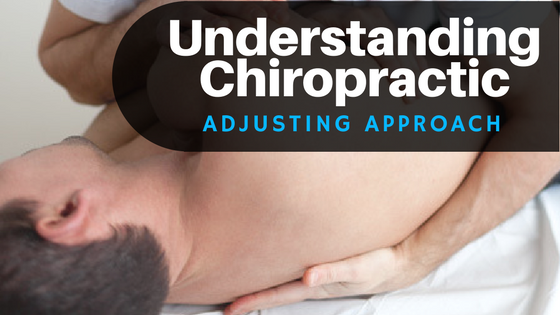
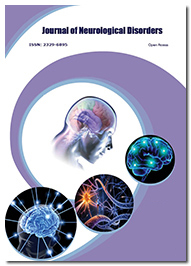
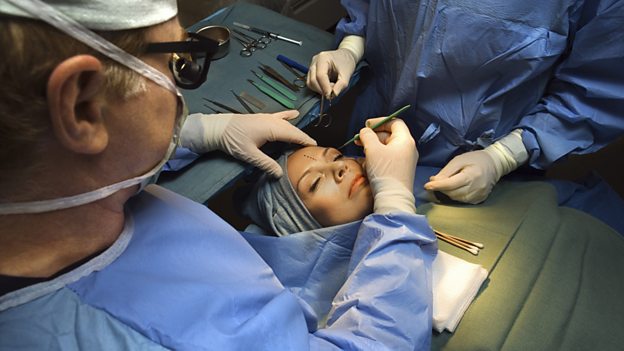
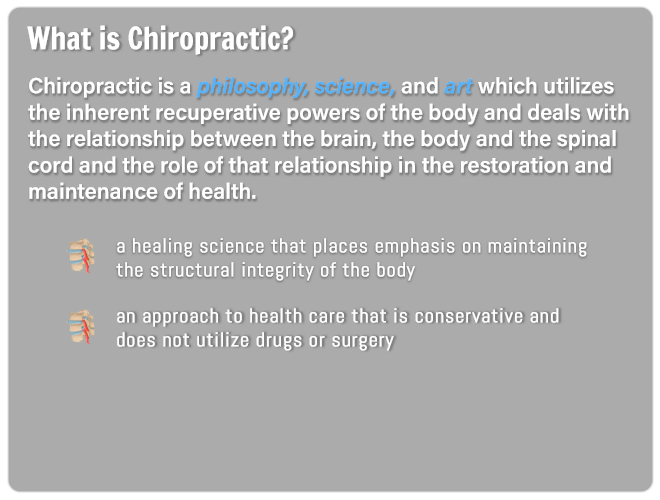
-1671631568.jpg)
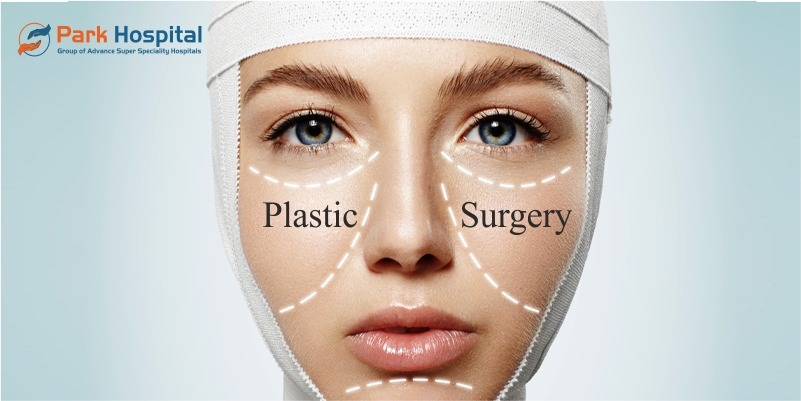







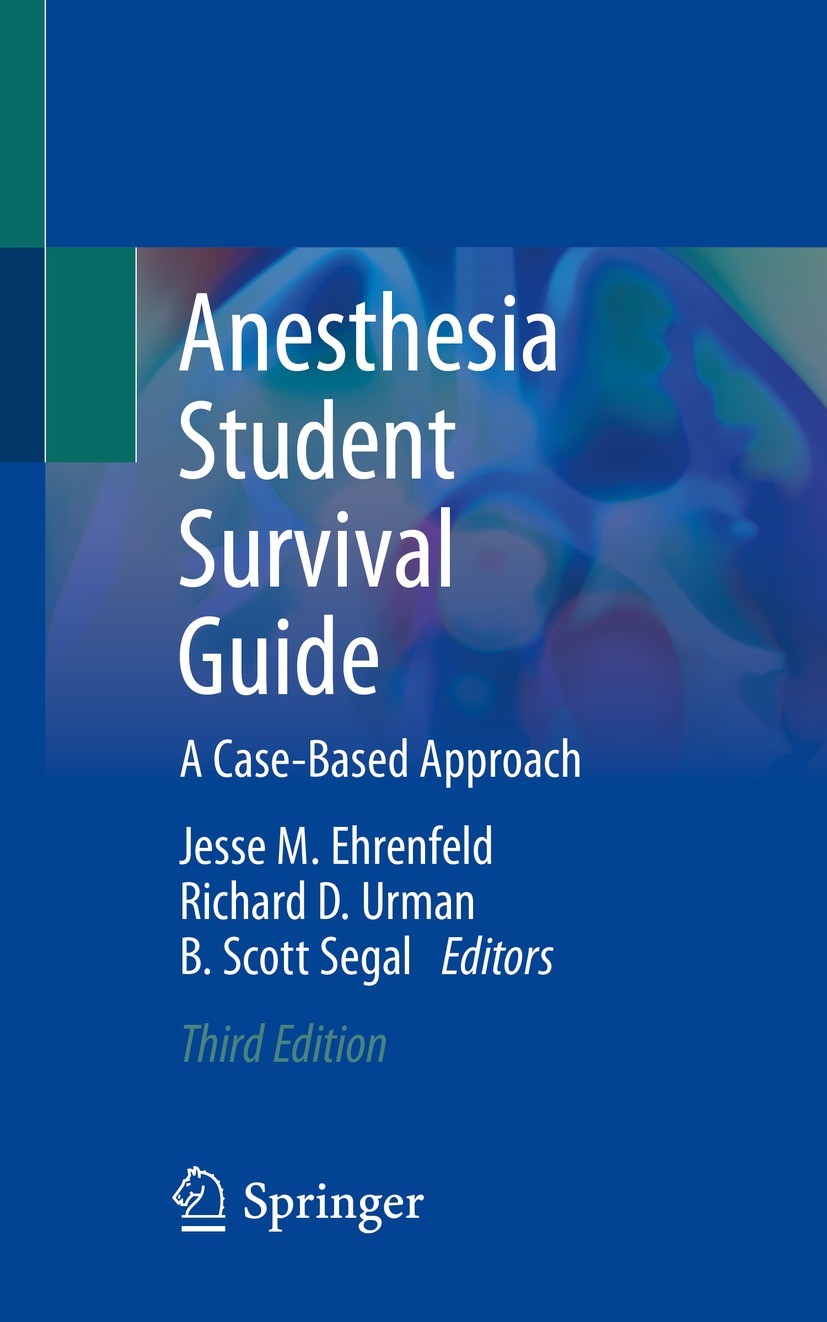
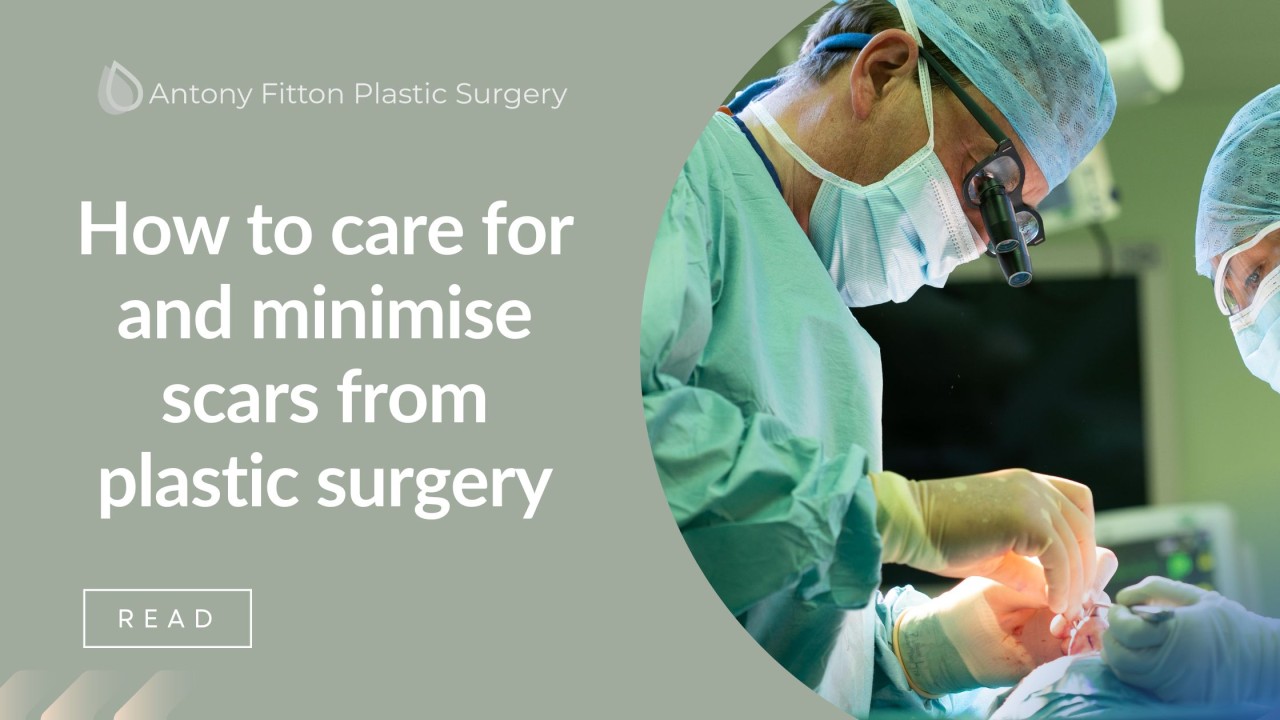




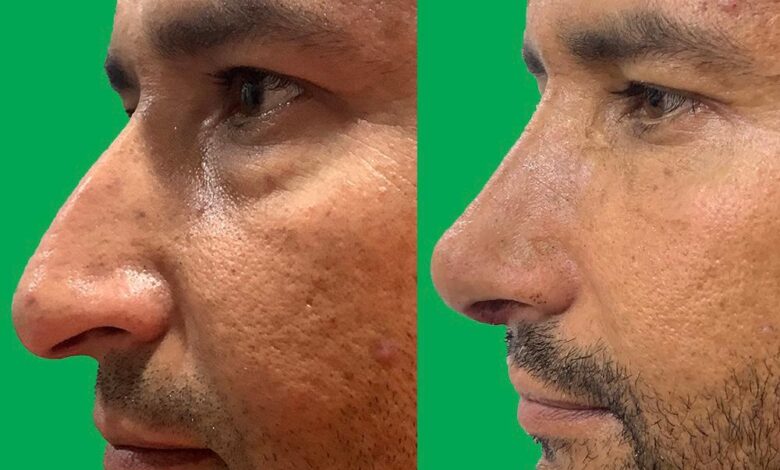
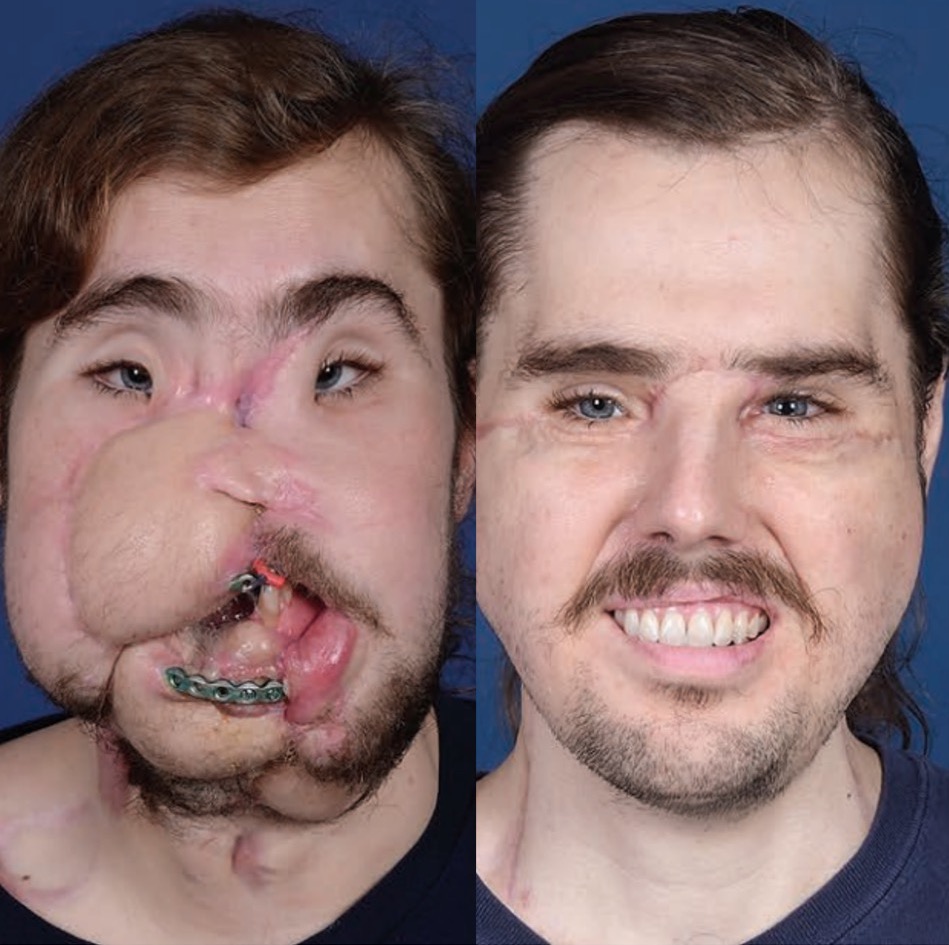
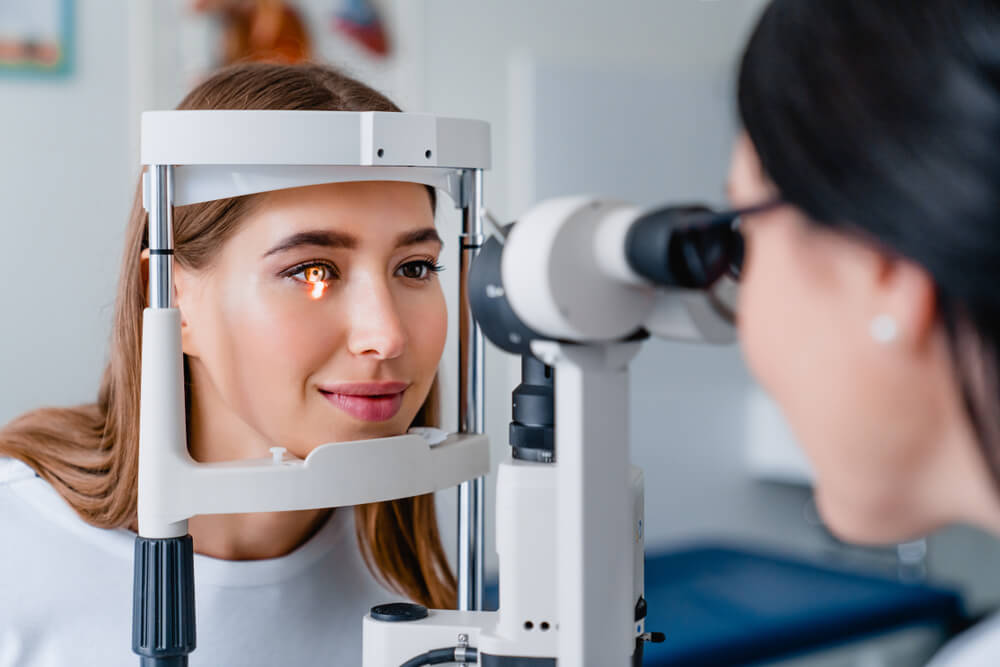


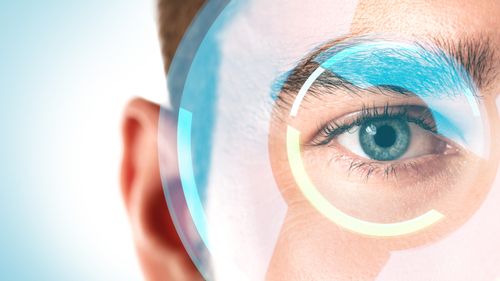
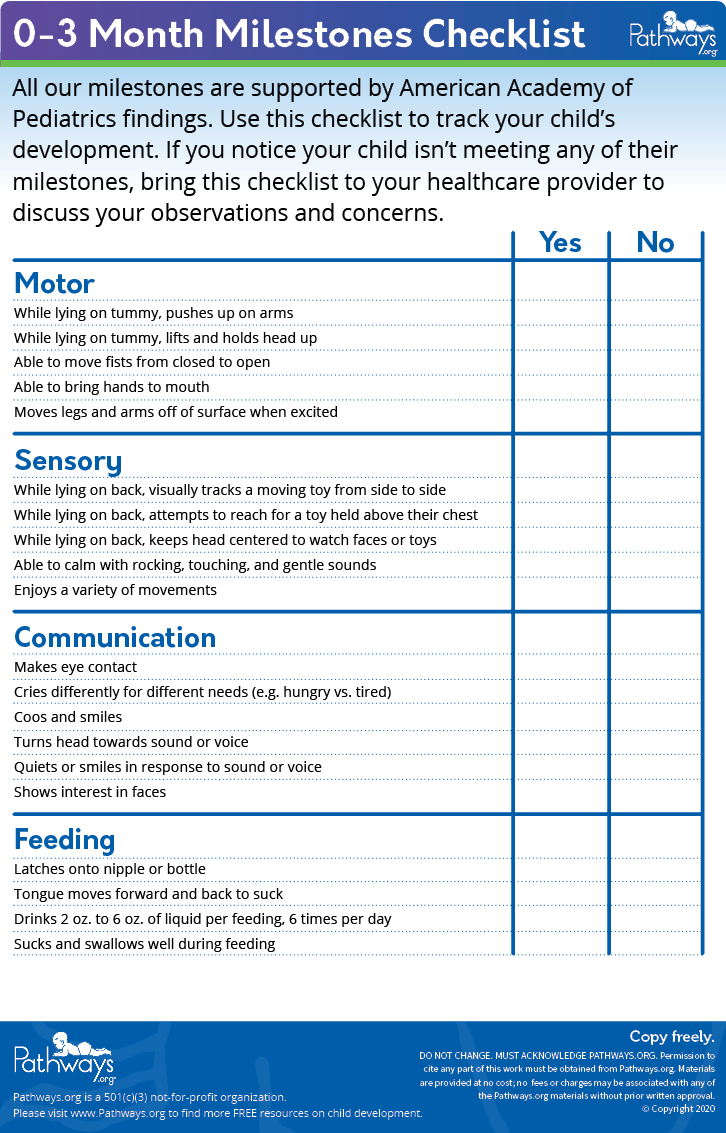




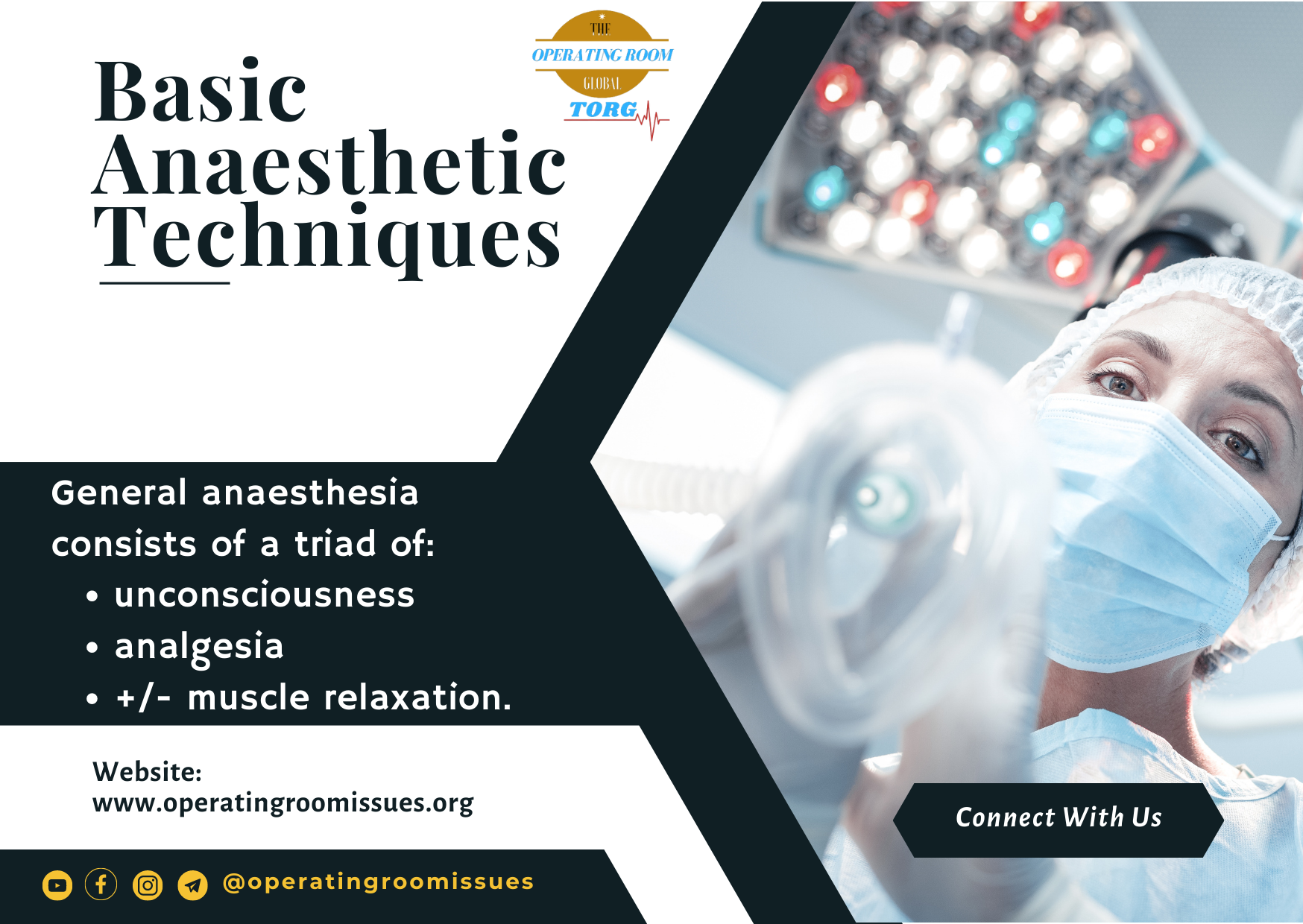

 It is said only the people who share the migraine pain could understand its severeness.
It is said only the people who share the migraine pain could understand its severeness.









